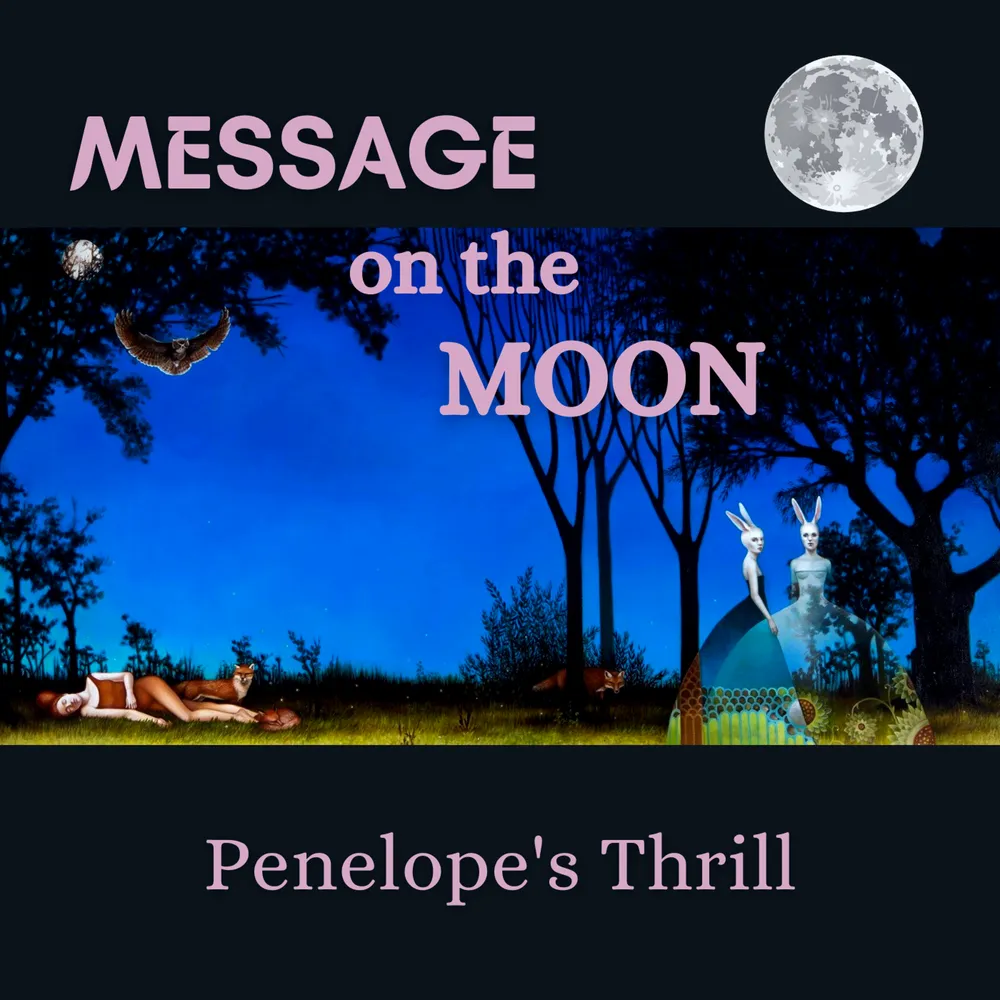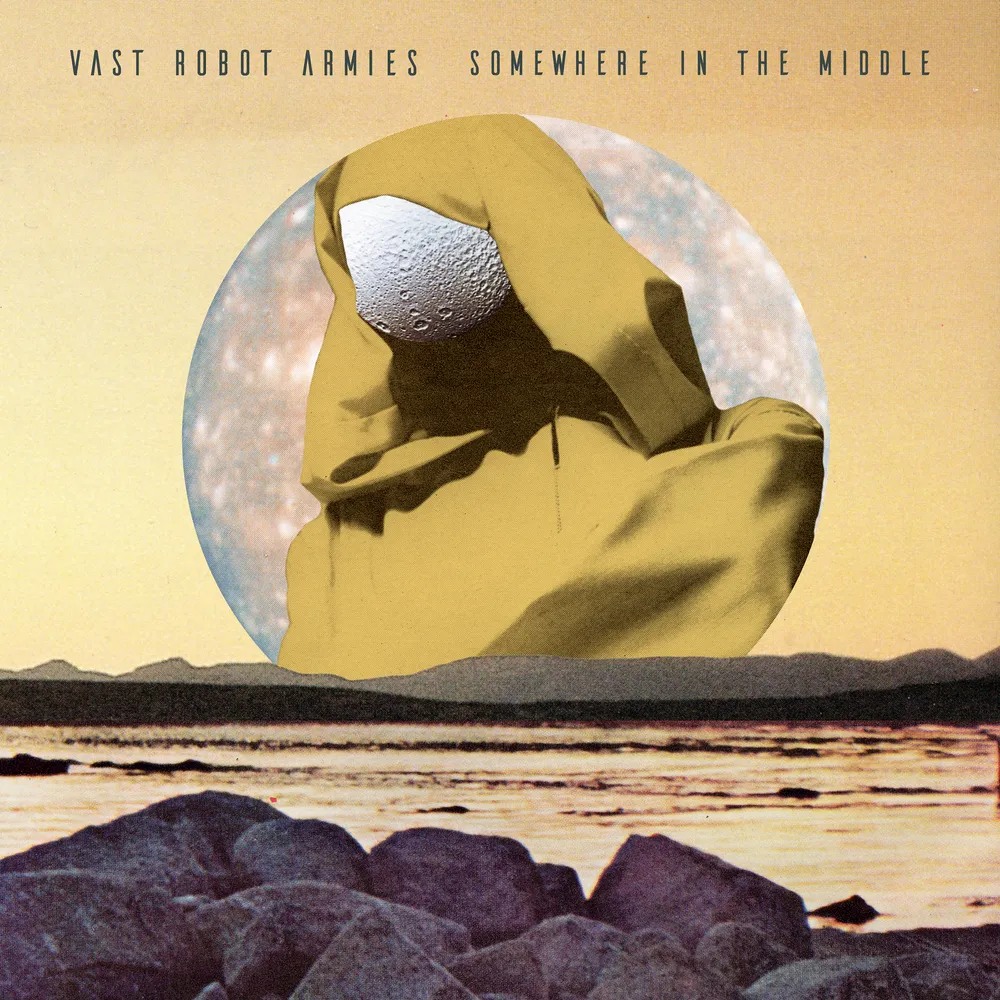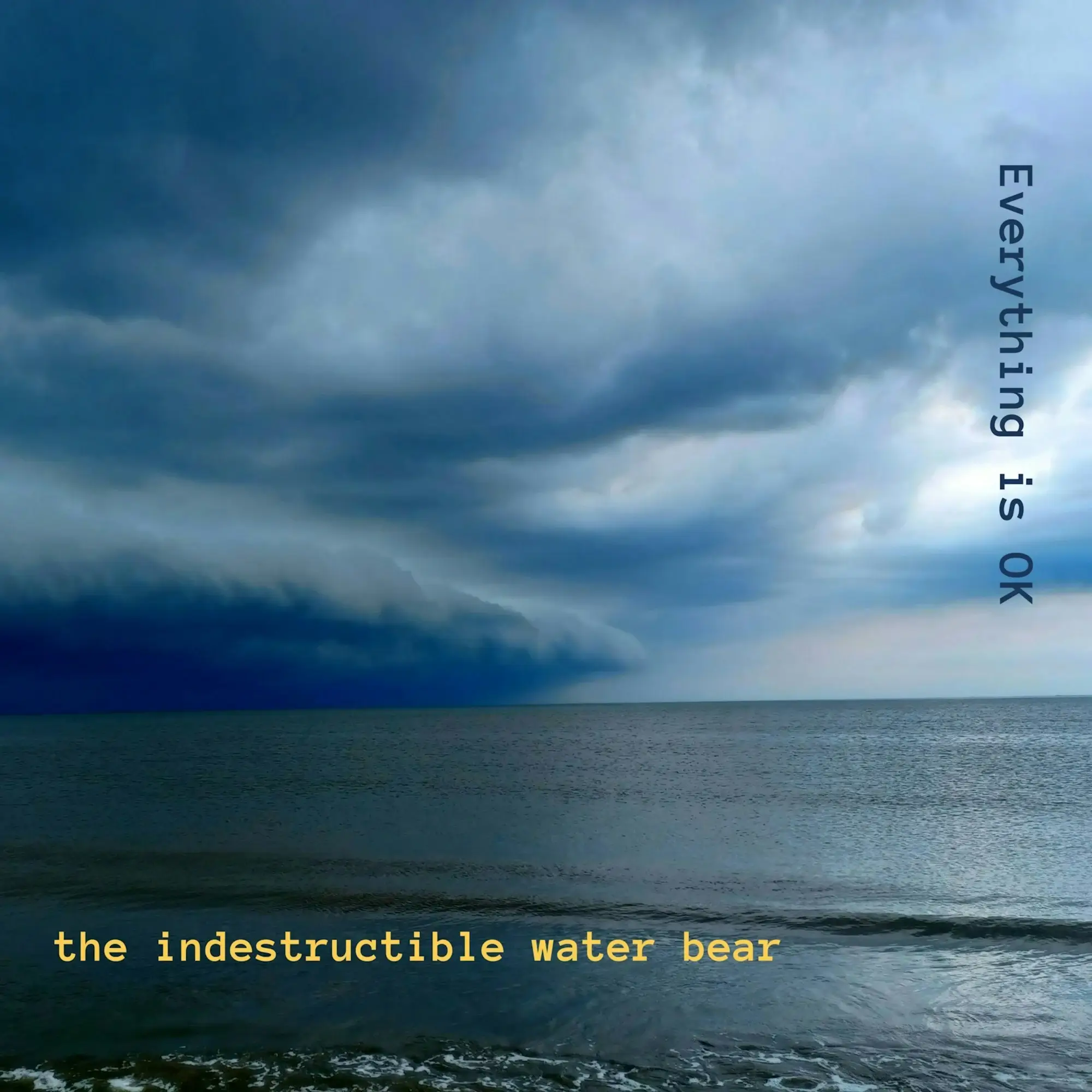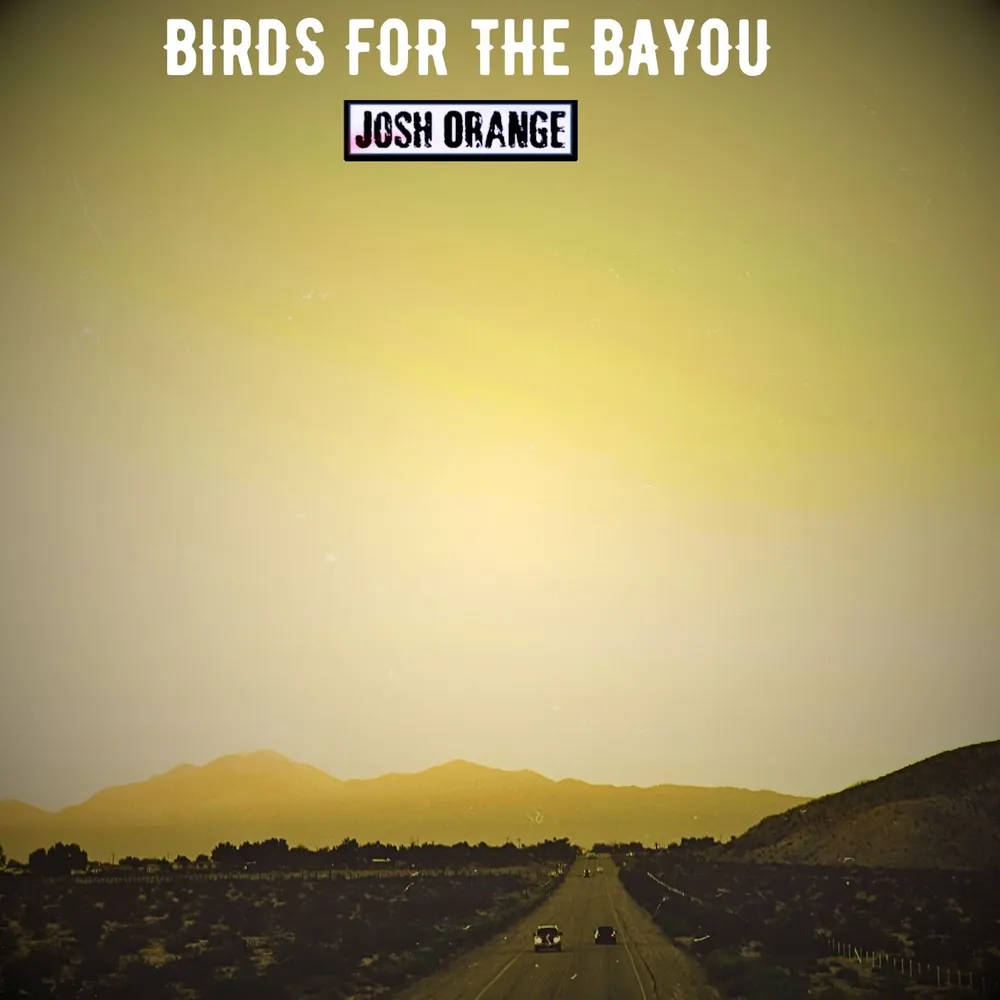There’s a certain type of folk record that feels less like an album and more like someone cornered you at a bar and started telling you about their week with a battered acoustic guitar as punctuation. Dan Rose’s To The Bitter End falls squarely into that category, and I mean that in the best way possible. The whole thing was recorded in single takes with one microphone, the audio equivalent of refusing to wear makeup to a wedding, and yet it works, because it’s exactly the kind of lo-fi confession that thrives on its cracks. Rose may be Danish, but he’s clearly been doing the homework, because this project has the anxious earnestness of Conor Oberst and the obsessive cataloging of mundane-yet-devastating details you’d expect from The Mountain Goats.
The opener We Need Someone To Take Charge sets the tone: blunt, impatient, and deeply human. The guitar sounds like it’s been strummed within an inch of its life, while Rose’s voice stumbles and soars in the same breath. The song reads almost like a political tract written at 2 a.m. on a napkin, but instead of collapsing into cynicism, it doubles down on pleading-type yearning. This is where the Mountain Goats comparison starts to crystallize: it’s not about vocal perfection, it’s about the way a desperate plea can be delivered with the conviction of a sermon. You don’t walk away humming the melody; you walk away remembering the sheer nerve of someone demanding change while clearly trying to convince themselves as much as anyone else.

Inspired by a sign in a New York dive bar, Don’t Be An Asshole is Rose at his most wry. The premise is simple: being decent isn’t optional, it’s survival. And yet, Rose pivots from bartending etiquette to environmental collapse in under three minutes, which sounds ridiculous until you realize it’s basically how most of our real conversations about climate go; start with small talk, spiral into existential dread. The lo-fi production makes the guitar feel like it’s rattling against the walls, a barely contained frustration that mirrors the message, then letting the weight of the simplicity asked for hit like a brick.
If the previous tracks are Rose pacing around and gesturing wildly, The Bench In The Secret Gardens is him sitting down and sighing. Written about finding quiet in one of New York’s hidden green spaces, the song is a kind of hopeful lament: yes, the world is on fire, but here’s a bench, here’s a flower, maybe we’re not completely doomed. Hyper-local details turn into an emotional anchor in the best way folk songs do in their core, and one could call it folk minimalism, but it feels more like Rose weaponizing understatement. The performance is hushed but not fragile, like he knows this tiny image can hold the weight of the entire song.
Everything Changes On 86th Street is the EP’s most sprawling idea, if not musically then thematically. Rose sings about a street corner in Manhattan with the conviction of someone who’s decided that this particular block contains the whole of human experience. Which, of course it doesn’t, but that’s kind of the point. Rose is showing us that the specific is always universal if you stare at it long enough. The guitar is ragged, the vocal a little raw, but the effect is oddly triumphant: yes, everything changes, even here, even now.
The charm of To The Bitter End lies in the way it refuses to smooth over imperfections. Each track feels like it’s been handed to you directly, scrawled in pen, coffee stain included. By leaning into lo-fi honesty, Rose doesn’t just nod to folk traditions; rather, he drags them into the present, pointing out that sincerity is still revolutionary.
Follow Dan Rose
About the Author

A tenured media critic known working as a ghost writer, freelance critic for various publications around the world, the former lead writer of review blogspace Atop The Treehouse and content creator for Manila Bulletin.










